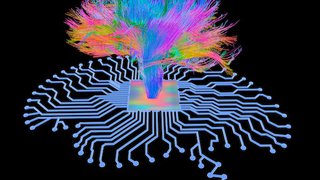Search for opportunities to participate in a neurology research study.
Movement Disorders
New Patient Appointment or 214-645-8300
MedBlog
Results: 2 Locations
UT Southwestern Medical Center at Richardson/Plano
3030 Waterview ParkwayRichardson, Texas 75080 214-645-8300 Directions to UT Southwestern Medical Center at Richardson/Plano, Richardson
University Hospital Physical Medicine and Rehabilitation Clinic
at James W. Aston Ambulatory Care Center 5303 Harry Hines Blvd., 5th Floor, Suite 101Dallas, Texas 75390 214-645-2080 Directions to University Hospital Physical Medicine and Rehabilitation Clinic at James W. Aston Ambulatory Care Center, Dallas Parking Info for University Hospital Physical Medicine and Rehabilitation Clinic







